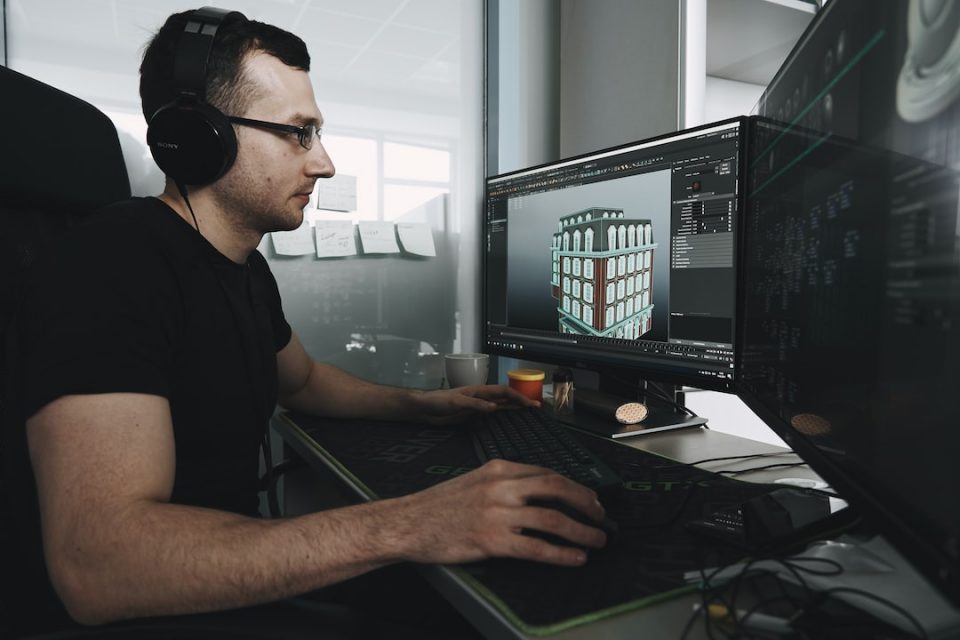The filmmaking industry is constantly evolving, and technological advancements have played a significant role in the revolution of movies and the cinematic experience. In today’s digital age, innovators have discovered ways to use modern technology to enhance production, and distribution within the filmmaking industry.
Virtual Production and CGI
The advent of technology in filmmaking has paved the way for computer-generated imagery (CGI) and virtual production to become integral parts of movie creation. These technological advances have enabled filmmakers to bring their wildest visions to life on screen, creating visually stunning and complex scenes that were previously unattainable through traditional filmmaking methods.
Virtual production not only enhances a movie’s visual appeal but also streamlines the entire production process. Filmmakers can now design and plan scenes virtually before shooting, allowing them to identify any potential issues and make adjustments before stepping onto the set. This saves both time and money and reduces the environmental impact of film production. Virtual production has undoubtedly revolutionized the filmmaking industry, and its influence is set to continue growing in the coming years.
Celebrities such as Ekaterina Baker and other film professionals working with these advanced technologies are constantly pushing the boundaries of what is possible in film production, delivering blockbuster movies that captivate audiences with their incredible visuals and storytelling. As technology evolves, filmmakers will undoubtedly continue to create mesmerizing movies using virtual production techniques and CGI technology.
Artificial Intelligence and Automation
Artificial intelligence (AI) and automation are transformative technologies that are making their mark on the filmmaking industry. AI is continually evolving, and its applications in film production are seemingly endless. From scriptwriting to post-production, AI can assist filmmakers in a variety of ways, helping streamline the production process and potentially inspire new creative visions.
With the advancement of AI, filmmakers can now utilize intelligent machines for tasks such as video editing, sound design, and color grading. As technology advances, these automated processes will become even more sophisticated, allowing for further improvements in film production efficiency and opening up new possibilities for creative storytelling. One exciting development in the realm of AI is the use of deep learning to analyze a movie’s success potential and assist in the creation of targeted marketing campaigns.
As AI and automation technology progress, it will be crucial for film professionals to adapt to these changes and harness their potential to enhance their craft. Completing a masters degree in information technology is one way for film industry professionals to stay ahead of the curve and ensure they are well-prepared for the rapidly evolving world of film production technology.
Blockchain and Film Distribution

Blockchain technology has the potential to disrupt multiple industries, and the film industry is no exception. The decentralized nature of blockchain technology allows for secure and efficient distribution methods that could ultimately revolutionize the way films are shared and monetized. By cutting out intermediaries from the distribution process, creators can have more control over their content and ensure that profits are fairly distributed among production teams.
This groundbreaking technology also enables the use of smart contracts, which can automate royalty payments and licensing agreements. Such innovations have the potential to increase transparency within the industry and make it easier for filmmakers to secure the funds they need for their projects. The adoption of blockchain technology could also lead to the democratization of film investment, as it allows for crowd funding opportunities where anyone can invest in a film’s production or distribution.
As the implementation of blockchain technology within the film industry continues to grow, filmmakers are expected to embrace its potential to transform distribution methods and increase profits. This will be a game-changer for many independent filmmakers, as these technologies allow them to access new markets and securely distribute their content while still retaining control and earning a fair share of revenues.
Altogether, the impact of IT on the filmmaking industry is profound and far-reaching. As technology continues to advance, the industry will evolve to embrace virtual production, AI and automation, and blockchain distribution methods. The future of filmmaking is undoubtedly exciting, with technology opening up new possibilities for creativity, efficiency, and accessibility for creators and audiences alike.


